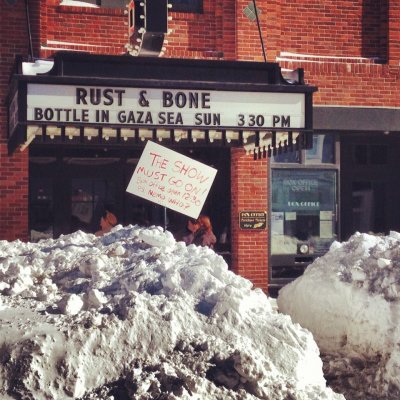LizzieMaine
Bartender
- Messages
- 34,179
- Location
- Where The Tourists Meet The Sea
"Cow parties" fall more into the category of raising rabbits in your back yard. The black market was a matter of rationed goods being diverted underground and sold at extortionate prices, in contravention both of rationing and of OPA ceiling price regulations. There were penny-ante operators at street level, but their suppliers tended to be big-money operations. One major operation run to the ground by OPA investigators and the IRS in 1945 led to tax evasion charges of over $3,000,000 on top of the violations of the rationing laws.



